Anxiety can creep up on you, overwhelming you out of nowhere and making everything feel harder than it should.
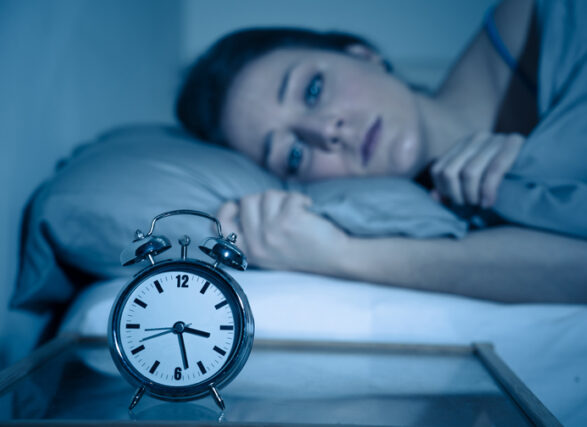
While legitimate clinical conditions require help — therapy or even medication can be used separately or in combination for those who suffer from serious anxiety — there are also tweaks you can make to your lifestyle on your own to help alleviate the stress and panic that has taken over your days. Try implementing these changes — you might just notice a positive difference in how you feel.
1. Prioritise sleep like your life depends on it.
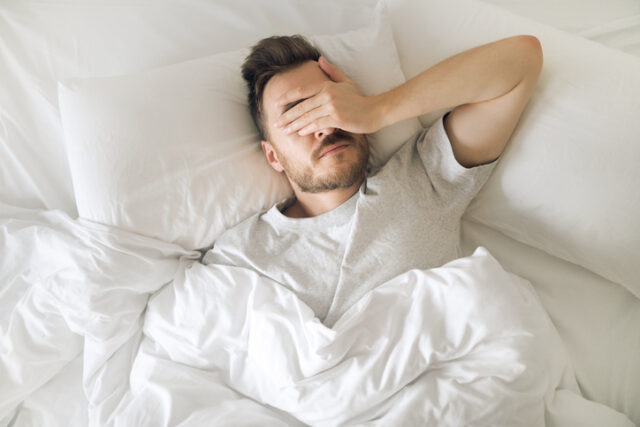
Getting enough sleep isn’t a luxury — it’s a necessity for mental health. When you’re sleep-deprived, anxiety spikes and everything feels more overwhelming. Try and get at least 7 hours a night, but aim for 8 or 9 if you can. Create a bedtime routine, keep your room dark and cool, and put your phone away at least an hour before bed. Good sleep gives your brain the reset it needs to handle stress.
2. Get moving every day, even if it’s just a walk.

Exercise doesn’t have to mean sweating buckets at the gym. A brisk 20-minute walk, a quick yoga session, or dancing around your living room can do wonders for your anxiety. Physical activity helps release endorphins (those feel-good chemicals) and reduces stress hormones. Plus, getting your body moving helps clear your mind and gives you a break from anxious thoughts.
3. Cut down on caffeine (yes, even that morning coffee).

Caffeine might give you that initial boost, but it also increases your heart rate and can make you feel jittery — exactly what you don’t need if you’re prone to anxiety. Try reducing your intake gradually. Swap your afternoon coffee for herbal tea, or switch to decaf. Cutting back can make you feel more relaxed and steady throughout the day.
4. Practise deep breathing exercises.
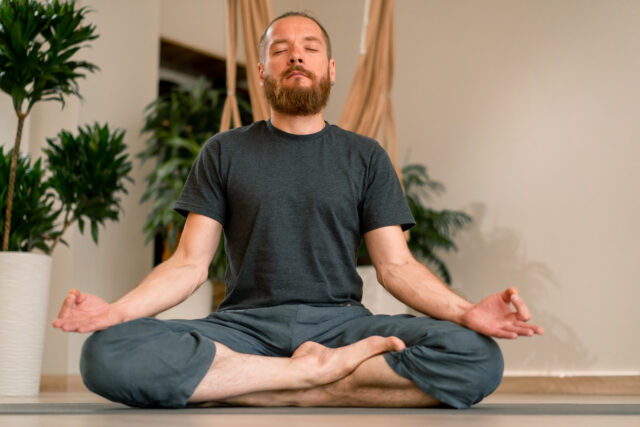
When anxiety hits, your breathing often becomes shallow and fast, making everything worse. Deep breathing helps calm your nervous system. Try inhaling through your nose for four counts, holding for four, and exhaling slowly for six counts. Do this for a few minutes whenever you feel anxiety creeping in. It sounds simple, but it works wonders for calming the mind.
5. Limit your screen time, especially on social media.

Scrolling endlessly on social media can leave you feeling more anxious and drained. The comparison trap, doomscrolling, and constant notifications can overwhelm your brain. Set boundaries by scheduling tech-free times during your day. Try a digital detox for an hour before bed or during meals. Disconnecting a bit can help you reconnect with yourself.
6. Start a gratitude journal.
 Source: Unsplash
Source: Unsplash It’s easy to get caught up in worries, but focusing on what you’re thankful for can shift your mindset. Each day, jot down three things you’re grateful for — big or small. Maybe it’s a kind word from a friend, a delicious meal, or a sunny day. Gratitude helps you see the good in your life and gives your anxious thoughts less room to roam.
7. Create a routine and stick to it.
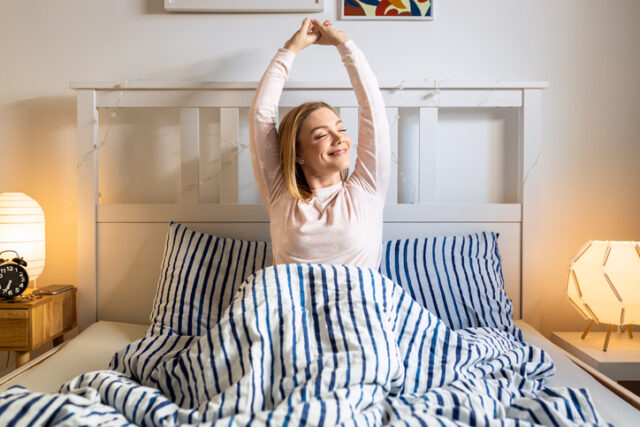
Uncertainty fuels anxiety, so having a daily routine can bring a sense of order and control. Plan regular wake-up times, meal times, and work or relaxation periods. Routines give your brain fewer decisions to make and create predictability. Even a simple morning ritual can ground you and make the day feel more manageable.
8. Practise mindfulness or meditation.
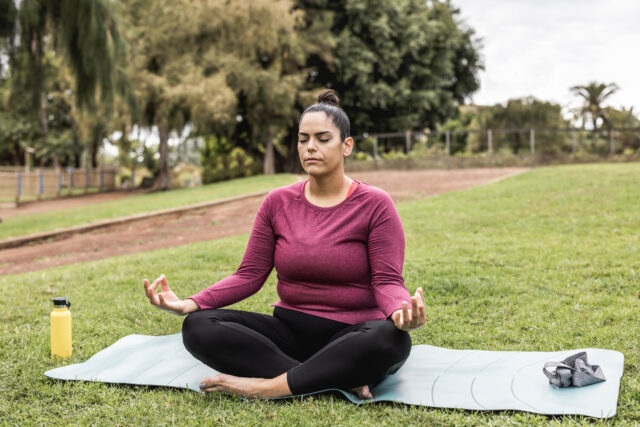
Mindfulness is about staying present instead of worrying about the past or future. A few minutes of meditation or mindful breathing can help you refocus. Apps like Headspace or Calm offer guided meditations if you’re not sure where to start. Being present doesn’t mean ignoring your problems — it means facing them calmly, one moment at a time.
9. Spend time in nature.
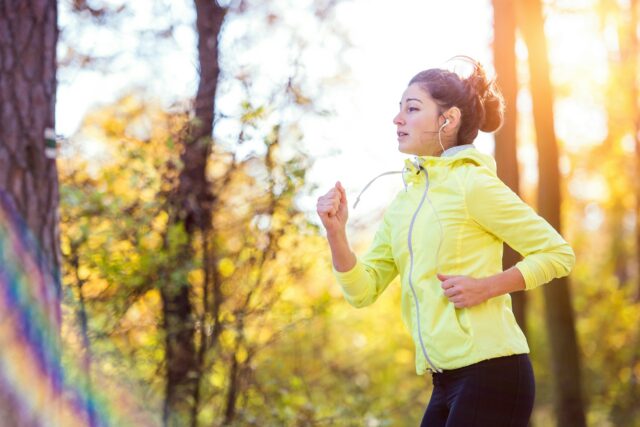
There’s a reason a walk in the park feels so refreshing. Being in green spaces helps lower cortisol (your stress hormone) and boosts your mood. Whether it’s a hike, a walk on the beach, or even sitting in a garden, nature has a calming effect. Try to spend at least 15-30 minutes outside each day — it’s like a natural anxiety remedy.
10. Reduce your to-do list.

Piling too much on your plate is basically guaranteed to increase anxiety. Overcommitment leads to stress, exhaustion, and feeling like you’re constantly falling behind. Focus on the essentials and give yourself permission to let go of non-urgent tasks. A shorter, manageable to-do list can make you feel more accomplished and less frazzled.
11. Connect with friends and loved ones regularly.

Isolation feeds anxiety. Even if you’re busy, make time for social connection. A quick coffee catch-up, a phone call, or a night out with friends can help you feel supported. Sharing your worries or just having a laugh can lift the weight off your shoulders. Humans are social creatures — connection helps keep anxiety at bay.
12. Cut back on alcohol.
 Source: Unsplash
Source: Unsplash A glass of wine might feel like it’s relaxing you, but alcohol can worsen anxiety in the long run. It disrupts sleep, messes with brain chemicals, and can make you feel more anxious the next day. Try limiting your intake and notice how your body and mind feel. You might find that less alcohol means more peace of mind.
13. Learn to say “no” without guilt.
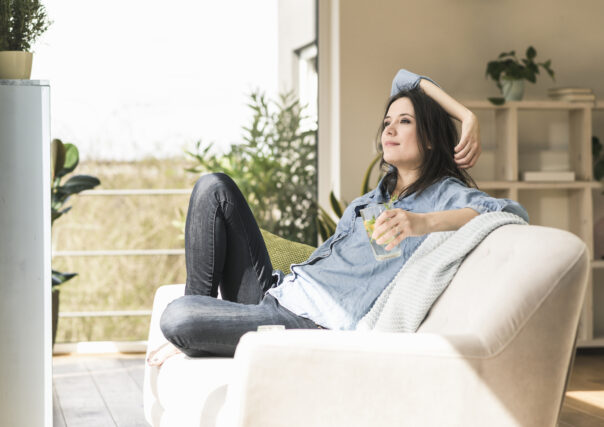
Overcommitting to things you don’t want to do can leave you feeling overwhelmed and resentful. Saying “no” sets boundaries and protects your energy. Remember, you don’t need a detailed excuse — “I can’t” is enough. Protecting your time and energy helps you stay balanced and less anxious. People who care about you will understand.
14. Declutter your space.
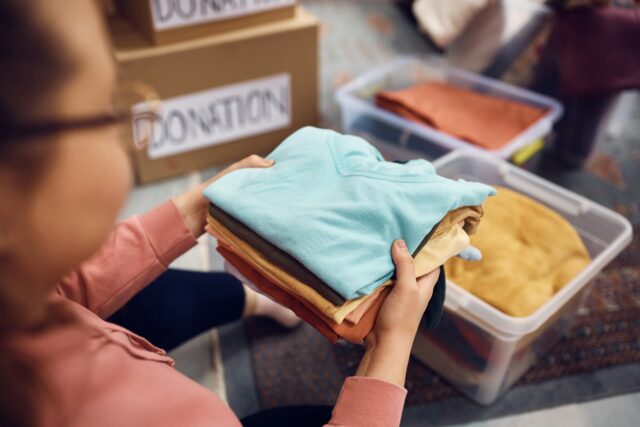 Source: Unsplash
Source: Unsplash A messy environment can create a sense of chaos and add to your anxiety. Clutter can make it hard to focus and leave you feeling mentally cluttered, too. Take 10 minutes a day to tidy up a small area — your desk, kitchen counter, or bedside table. A clear space can help you feel more in control and at ease.




